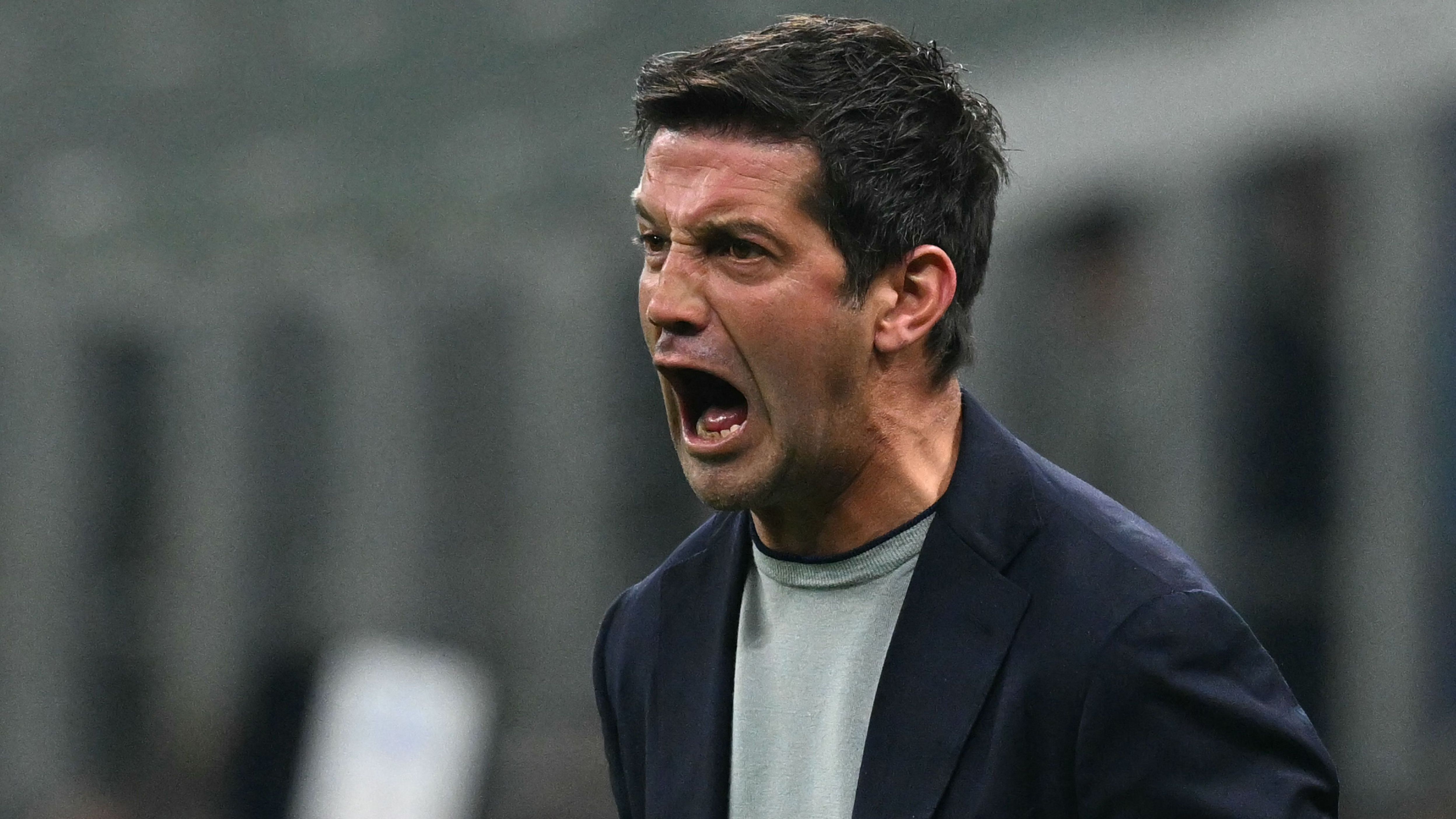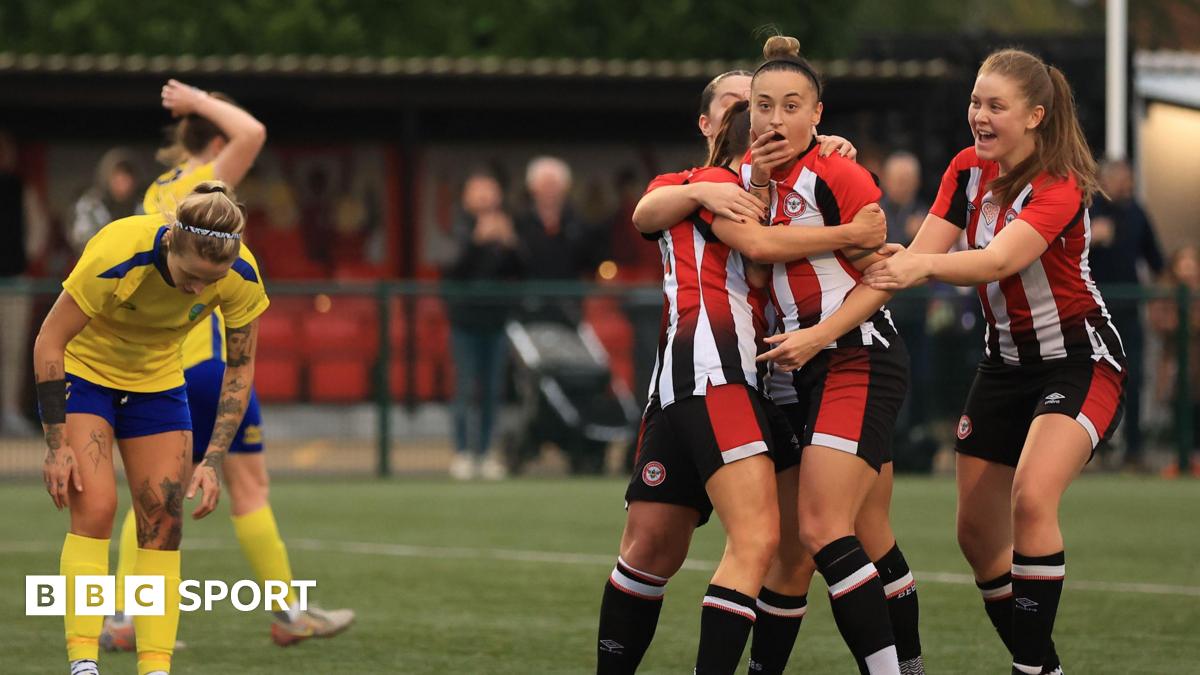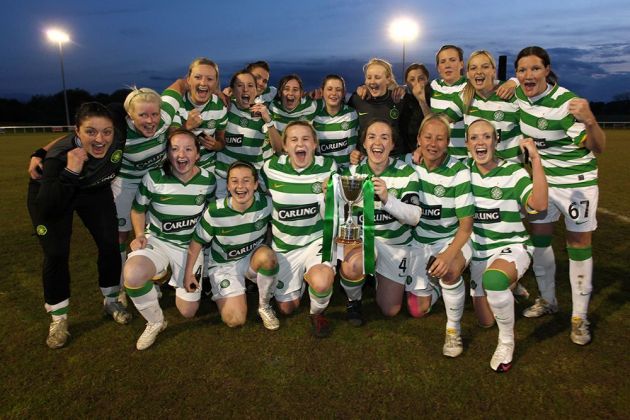'I would have regretted hiring Jose Mourinho' - Inter president admits return for ex-Man Utd & Chelsea coach was mentioned before 'courageous' Christian Chivu got the job

Marotta has revealed that Mourinho's name was among those considered for the coaching role before the "courageous" decision was made to appoint Chivu. Speaking at the executive master's program in "Sports Management" organized by the RCS Academy Business School, Marotta explained why he ultimately favored Chivu, despite Mourinho's illustrious past with the Nerazzurri.According to Gazzetta.it, Marotta stated: "I'm surprised people were surprised by Cristian's skill. We chose him because he represents important values; he had the courage to go against the grain, even in the media. Some even mentioned Mourinho, who, with all due respect... If I hadn't had the courage, I would have regretted it."Mourinho, who famously led Inter to a historic treble in 2010, was reportedly a name floated by "some" stakeholders, indicating a natural inclination among some to revisit a successful past. However, Marotta's comments suggest a deliberate decision to move in a different direction, prioritizing new leadership and values.Chivu, who took over from Simone Inzaghi, has navigated a challenging start to his tenure at Inter, ultimately guiding the team to the top of Serie A and a perfect record in the Champions League. His initial period included three defeats in Serie A, but the team has since recovered impressively.Under Chivu, Inter are currently in first place in Serie A alongside Gian Piero Gasperini’s Roma, demonstrating a rapid turnaround in league form. In the Champions League, their performance has been particularly strong, boasting four wins out of four matches played and conceding only one goal. This triumphant march in Europe contrasts sharply with the earlier domestic stumbles, showcasing Chivu's ability to adapt and motivate his squad.Marotta's praise for Chivu's "skill" and "courage" aligns with the team's visible progress. Chivu has been credited with introducing a "different football philosophy," which Marotta believes aligns with the club's evolving values. This new approach appears to be focused on developing talent and fostering a collective spirit rather than relying solely on individual star power.Marotta used the platform to discuss the significant changes in modern football, particularly the shift from a "patronage model" to one demanding "sustainability" and "financial balance." He emphasised that the equation "if I spend, I win" is no longer valid, citing PSG as an example of a club that has changed its model from "huge names" to investing in "young talent."This philosophical shift is directly linked to the decision to back Chivu over a high-profile manager like Mourinho. Marotta highlighted the importance of "motivation multiplied by competence" as the new formula for success. His career path, starting as a "mascot" for Varese and learning to "negotiate" for a tracksuit, underscores his belief in hard work and organic growth, values he sees in Chivu.Marotta also touched on the increasing complexity of football management, which now involves "criminal, civil, and sports justice codes," and requires "industrial and financial expertise" alongside traditional sporting knowledge. He stressed the importance of leadership that is "courageous, persevering, and must listen," attributes he clearly sees in Chivu.During his address, Marotta shared personal anecdotes from his extensive career in football. He recalled a pivotal moment in 1983 when then-Inter president Pellegrini offered him a junior manager role, an offer he declined. "If I had accepted, I wouldn't be president today," he mused, emphasising the importance of timing and managing career progression calmly.He also recounted a difficult decision during his time at Sampdoria where he had to fire a "very dear friend," Gianfranco Bellotto, to bring the club back to Serie A. This story illustrates the tough choices leaders often face, prioritising the club's objectives over personal relationships.Marotta concluded his speech by addressing the contentious issue of San Siro's future. While acknowledging the "bitterness and nostalgia" for old romantics, he stressed the necessity of a new, modern stadium for Inter's future. He entered San Siro for the first time in 1966 and described it as a "vessel of enormous emotions," but argued that innovation and modernity are paramount."Renovation was unthinkable, and so it ended up being demolished. But it must be done," he asserted. Marotta highlighted the need for a stadium that prioritizes "security, which is lacking; hospitality, so you can be there all day with entertainment of all kinds; and a sense of belonging. Having your own home." He projected the financial benefits of a new stadium, contrasting Inter's current €80 million (£68m/$88m) per year from matchdays with Real Madrid's goal of exceeding half a billion.Chivu and Inter will aim to maintain their strong form in both Serie A and the Champions League as the season progresses. The backing from President Marotta provides Chivu with significant confidence as he continues to implement his coaching philosophy.The club's focus on sustainability and youth development, as articulated by Marotta, will likely influence future transfer strategies and player development pathways. The long-term project under Chivu represents a clear strategic direction for Inter, moving away from relying on established managerial figures towards nurturing new talent and adhering to modern football's financial realities. The new stadium project also remains a critical component of Inter's future growth, promising both financial and cultural benefits.













